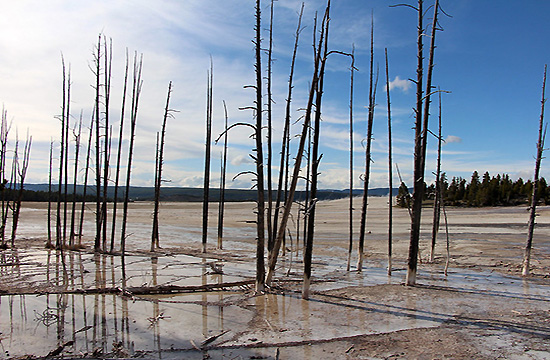
The critical importance of mitigating climate change is to ensure aquaculture's sustainability and ecosystem health. Climate change and expanding agriculture pose significant challenges to aquaculture sustainability.
Mitigating climate change is crucial to addressing the negative impacts on aquatic ecosystems and maintaining essential ecosystem services.
The need for an integrated management approach to mitigate the impacts of climate change.
The significance of coordinated management of other stressors, particularly nutrient runoff from agriculture, in a broader management strategy developing new planning approaches to facilitate the maintenance of essential ecosystem services and encourage compatible uses.
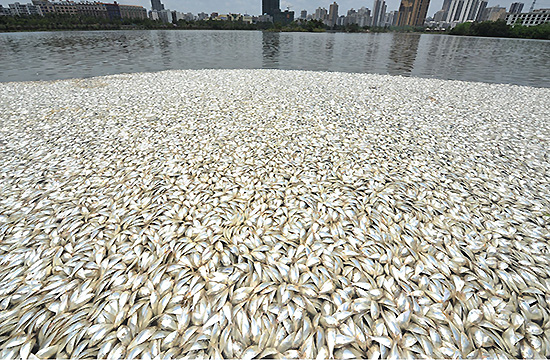
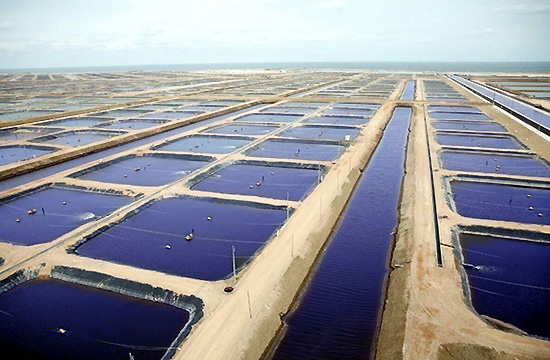
The importance of addressing cumulative effects to ensure the protection and maintenance of all ecosystem components while promoting multiple sustainable uses. There is a need for an ecosystem-based management approach that considers land-sea interactions and integrates aquaculture into management plans.
This approach offers the possibility of offsetting declines in ecosystem services and functions.
The most significant challenge aquaculture faces in climate change and expanding agriculture is sustainability. Expanding agriculture and eutrophication of marine waters will pose considerable challenges to aquaculture sustainability.
It underscores the need for a much tighter coupling of science, policy, and management to control and reverse the adverse effects.
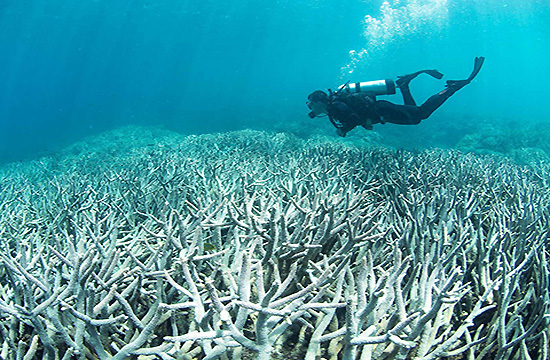
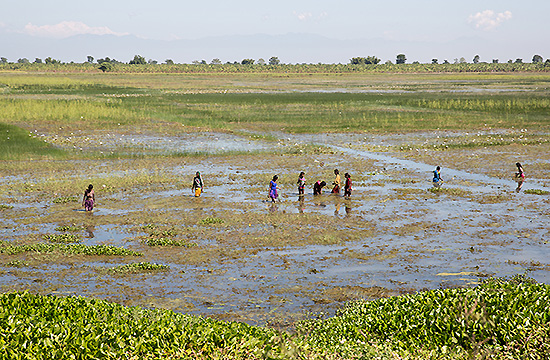
There is a need to reduce nutrient loads reaching coastal systems by increasing the efficiency of agriculture and restoring landscapes. The time to act to reduce excess nitrogen and phosphorus is now, as delays in reducing nutrient loads to marine systems will be increasingly costly to both humans and ecosystems.
The accumulation of organic matter and nutrients within ecosystems has set the stage for shifts that led to more hypoxia for a given input of additional nutrients.

